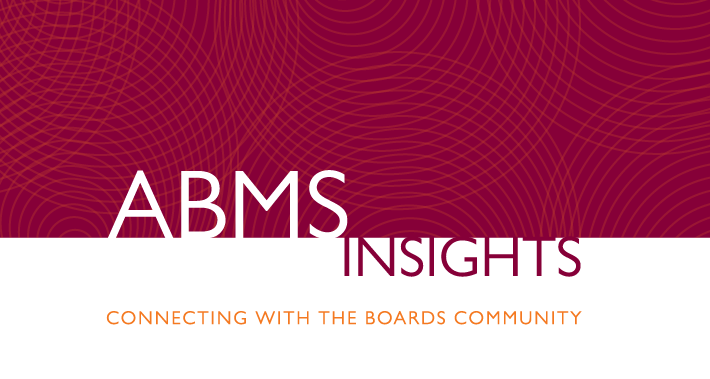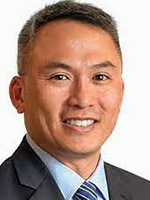
By John Patrick T. Co, MD, MPH, Director of Graduate Medical Education at Mass General Brigham and Medical Director for Equity at Massachusetts General Hospital

Residency training is a critical period for professional development and identity formation. My residency training was formative in so many ways. I still remember patients I cared for, episodes of teaching I experienced, and things I learned during that time. It was critical not only for me to learn how to take care of patients, but to learn how to learn, including understanding that a career in medicine is one that requires continual self-assessment and lifelong learning. Research has shown that what residents learn during residency imprints on their practice in a durable manner, one that has a long-term impact on the quality of care they provide their patients.
The COVID-19 pandemic has had a profound impact on our care delivery system, both in the short- and long-term. Medical education, including residency training, is no exception. The pandemic impacted the epidemiology and volume of patients being cared for in our health care system, with virtual care playing a prominent role. These disruptions in the resident experience highlight the need to impart and reinforce lifelong learning as part of a resident’s professional development. In response to the pandemic, the American Board of Medical Specialties (ABMS) and Accreditation Council for Graduate Medical Education (ACGME) emphasized the importance of competency-based medical education in assessing the clinical competence of residents and fellows, including the role individual learning plans can play in residents meeting the ACGME milestones.
Collaboration between ABMS Member Boards and the graduate medical education community is important for the continued evolution and improvement of our medical education and certification systems. Given that the physicians’ first interaction with Member Boards typically occur when they are residents seeking initial certification in their respective specialties, seeking input from them at this early stage is an opportunity for bi-directional sharing of information and ideas.
Several Member Boards, however, are accelerating that initial encounter by convening residency advisory panels, conducting routine surveys, and inviting residents to attend special meetings, all in an effort to enhance the residents’ certification processes. Through taking in-service exams created by Member Boards and administered through residency programs, residents understand their strengths and areas for improvement. Development and implementation of entrustable professional activities (EPAs) are another opportunity for bi-directional learning. Residents can provide input to Member Boards and their programs about how best to implement EPAs during residency and beyond as part of lifelong learning. Just as Member Boards have engaged residents in quality improvement (QI) activities to encourage use of QI in practice early on, EPAs are another means for residents to adopt a framework for learning early in their professional development, one that they can continue throughout their career.
“Collaboration between ABMS Member Boards and the graduate medical education community is important for the continued evolution and improvement of our medical education and certification systems.”
John Patrick T. Co, MD, MPH
